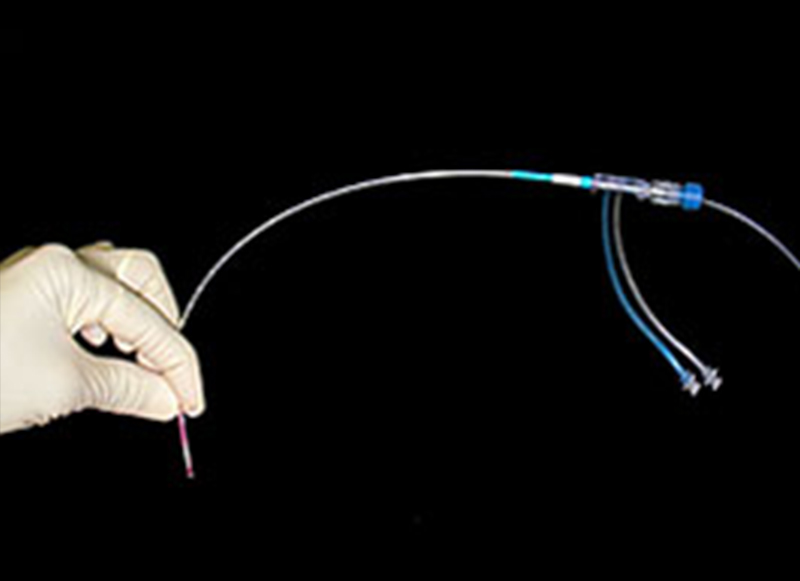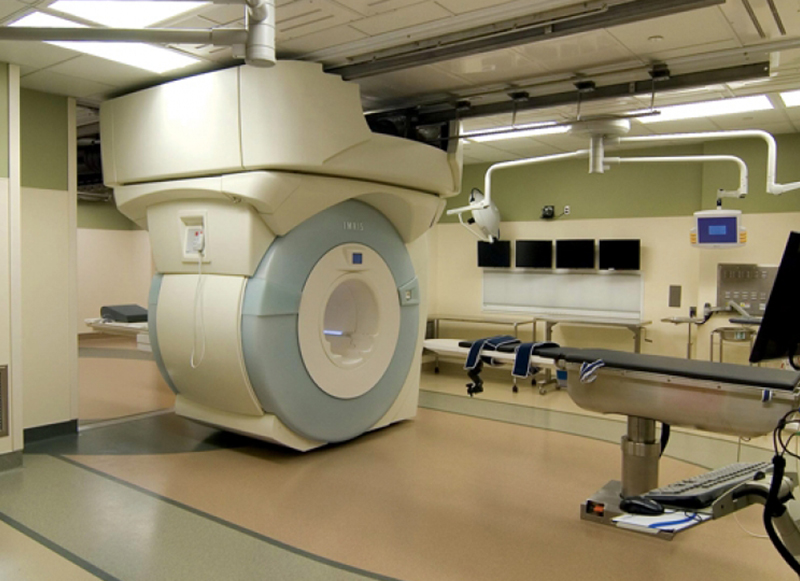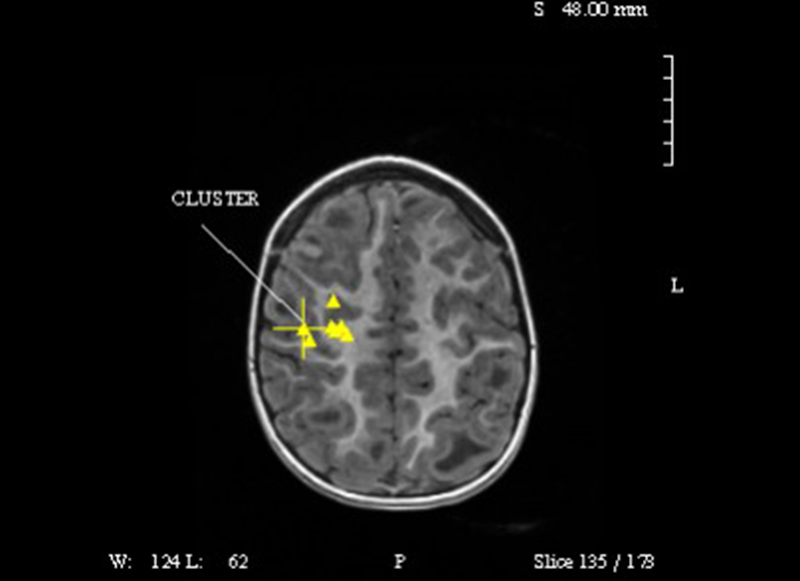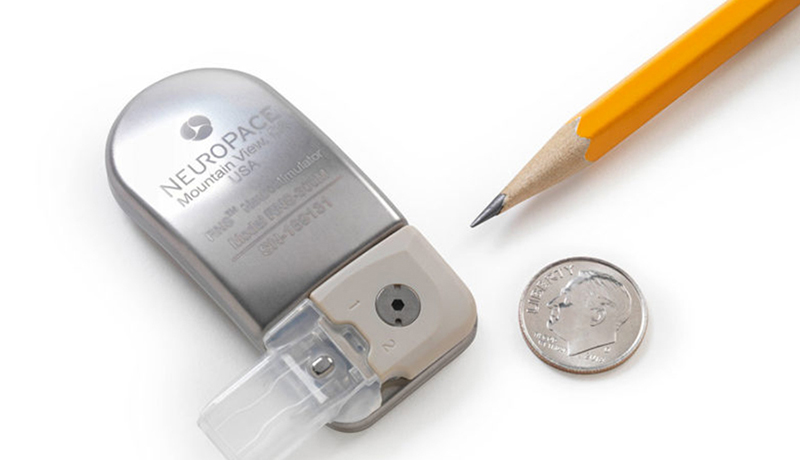Carbatrol®
Generic Name: Carbamazepine Extended Release Capsules

100 mg Extended Release Capsule

200 mg Extended Release Capsule

300 mg Extended Release Capsule
Carbatrol (CAR-ba-trol) is used in the treatment of all types of partial seizures and in the treatment of generalized tonic clonic (grand mal) seizures. It is usually described as a first line treatment. However, it is not effective and may even have negative effects for generalized absence and myoclonic seizures.
Carbatrol should be introduced gradually in low doses; slow increases in dose is likely to improve tolerance of certain side effects. Carbatrol is an extended release form of the drug, meaning that its active ingredient is released slowly in the body, avoiding the need for frequent dosing. The capsule may be opened and the beads sprinkled over food, such as a teaspoon of applesauce or other similar food product, if desired. Do not crush or chew Carbatrol capsules or the capsule beads.

Carbatrol is metabolized (processed) in the liver and interacts with several other epilepsy drugs and other medications, such as warfarin, theophyline, and doxycycline. It may reduce the effectiveness of other antiepileptic drugs which are also processed through the liver and with the effectiveness of birth control pills at standard doses.
Commonly reported side effects include drowsiness, headache, dizziness, blurred vision, difficulty in thinking, diarrhea, double vision, nausea and vomiting. Carbatrol may make your skin more sensitive to the sun or ultraviolet light. Rare effects include allergic skin rashes (in about 10 percent of patients). Some skin rashes may be severe. Other potential side effects which may occur with Carbatrol include low sodium levels and increased eye pressure in glaucoma patients. Bone marrow suppression and liver damage occur in rare cases. Carbatrol should be used in caution in patients with liver, heart, and blood disorders. Unless severe reactions warrant, abrupt discontinuation of Carbatrol therapy should not be undertaken.

Storage in hot, humid surroundings may reduce its bioavailability by 50 percent. Bioavailability refers to the amount of the active ingredient in a drug that is available within the body to achieve its desired result. Grapefruit juice has been shown to increase carbamazepine levels, and St. JohnÕs wort may decrease its efficacy.
Safety in pregnancy has not been established. There is an increased risk of spina bifida in children of women taking this medication. Women who are taking this medication and who wish to become pregnant should discuss treatment options with their physicians before the pregnancy begins.
Not everyone experiences side effects. There may be other side effects not appearing above. For a complete list, consult your doctor, nurse, or pharmacist. More detailed sources of information on side effects include the drug’s prescribing information sheet, the Physician’s Desk Reference, or pharmaceutical company which produces the drug.
More information on Carbatrol here.
© 2010 Shire US Inc. All rights reserved. Used with permission.
